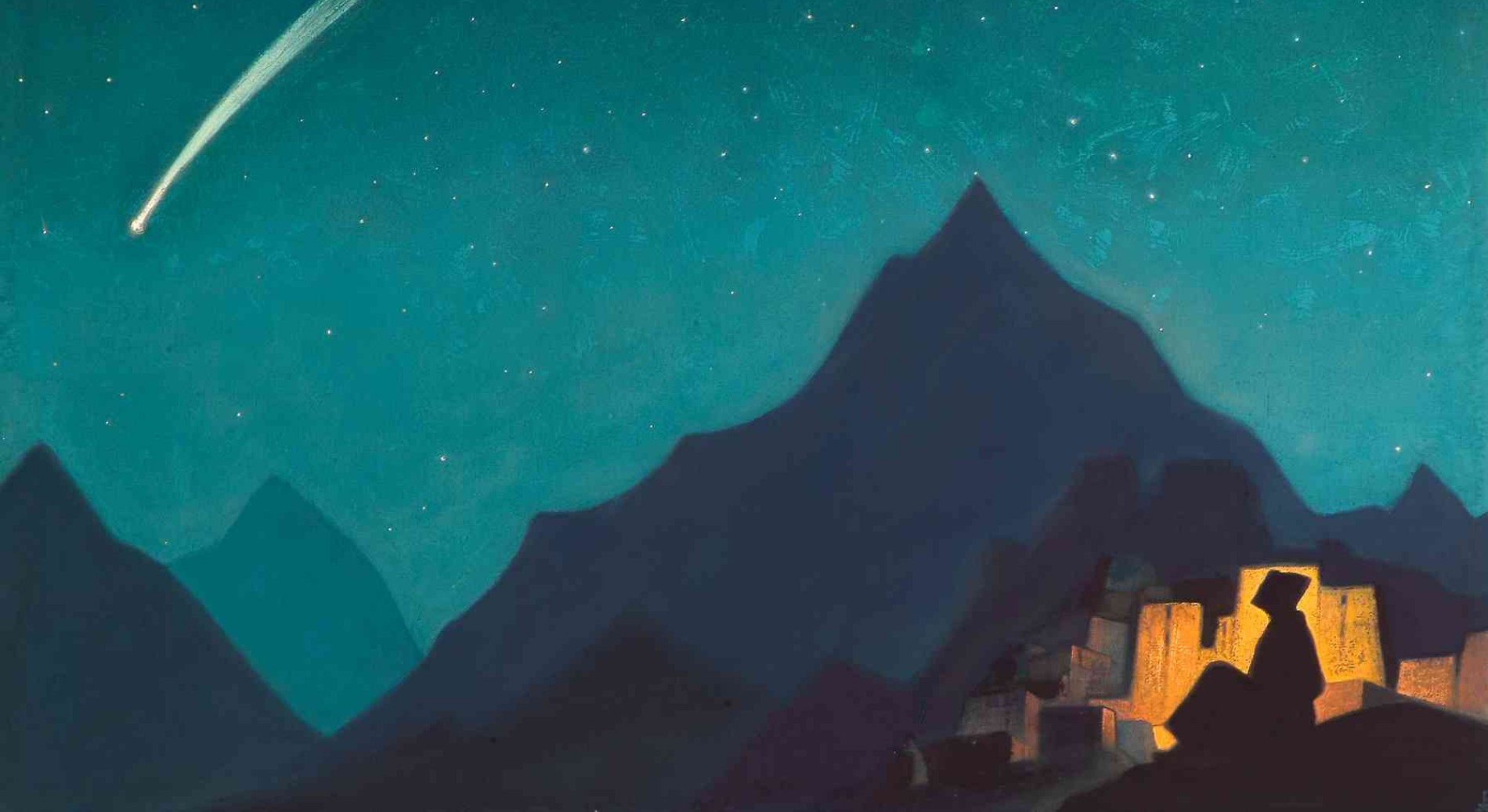Ilcari
Originating in the Easternmost part of Xohura, mainly the countries of Aylaria, Charajira, Choriris, and northern Afata, the Ilcari are a people of wide plains and rolling hills. Modern Ilcari are a mix of urban professionals and rural farming communitites. The Ilcari had no monetary system until 5.503 and many rural comunities still use a barter economy.
Religion
Regional animism with an earth-mother and sky-father, and local folk heroes. They have no organised clergy, but the head of a family officiates sigificant life-stage rituals.Music
Throat singing, drums, pipesStereotypes
Ilcari in general have reputation as a hard-working and family-orientated people with deep cultural roots that encourages hospitality.North
Ilcari from the northern countries tend to be more traditional and resistant to change than those from the south. They are considered by their southern cousins to be standoffish, stubborn and poorly educated.South
In the south - Charajia and Afata - Ilcari culture shows the evidence of cross-trade with Ophoné and Lwakha. They are typically more gregarious and accepting of difference than those in the north, who stereotype them as flighty, and preferencing novelty over tradition.Global influence
The Monumentalist style is influenced by traditional Ilcari architecture.Naming Traditions
Unisex names
Due to the nature of the main Ilcari naming tradition, all Ilcari names are considered unisex.
Family names
Ilcari do not have family names, but use a double matronym that indicates their mother and maternal grandmother.
An Ilcari man called 'Kindly', whose mother is named 'Just' and whose grandmother is 'Courageous' would, formally, be 'Kindness, son of Justice, daughter of Courage'.
Ideals
Gender Ideals
Heavily weighted towards @ialy, Ilcari culture has integrated much of the gender dimophism exhibited by the species.
Sons are expected to leave home on reaching adulthood, eventually marrying into their wife's family, while daughters are expected to remain in their childhood home. The oldest female in a household is the head of the household, managing finances and being the final arbiter of major decisions, while her husband (or first son-in-law, if the matriarch is widowed or divorced) acts as the curator of the family culture and manages interpersonal relationships.
This is more pronounced in Northern Ilcari culture, whereas southern Ilcari have - on the surface - a more egalitarian attitude towards gender relations. Nonetheless, Ilcari culture continues to associate 'soft skills', problem-solving, and caregiving with masculinity, and confidence, daring, and pragmatism with femininty.
Related Items
Related Locations
Remove these ads. Join the Worldbuilders Guild



Comments